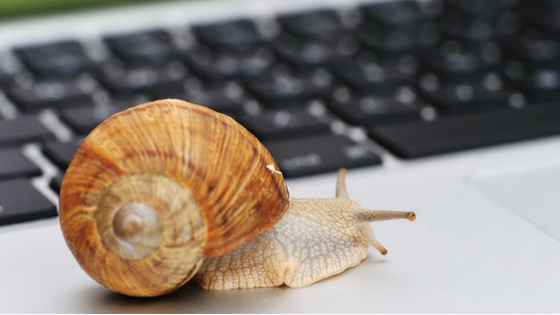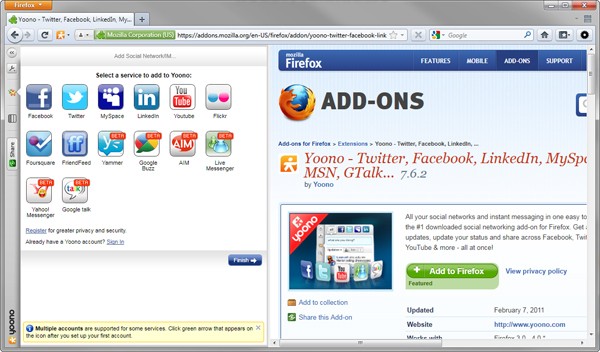Technology is supposed to be convenient and efficient, so if your machine is running slow, something must be wrong. Unfortunately, most computers slow down over time as they install applications, accumulate files, and wear down their hardware. Fortunately, it is possible to prolong the life of a computer and ensure peak performance with some regular maintenance. If you are experiencing frustrating sluggishness on your device, here are a few questions to help you identify the cause of the slow-down and fix it fast.

Contents
What Turns on with Your Computer?
Software developers love when their programs are in constant use, and one way they can trick you into running their software is by setting it to boot on startup. If you don’t disable this feature on the software you install, your computer could be struggling to load a dozen or more programs as soon as it turns on, which devours its processing ability and prevents you from doing anything with any speed. You should investigate what startup programs are essential and disable the rest.
What Programs are Running Right Now?
This could be another effect of startup programs, or it could be a problem that derives from your computing habits. Allowing several programs to run at once will take processing power that you need for other tasks. You should consider shutting down any hungry music or video programs running in the background and then searching for rogue programs you might not have known about. You should try to reduce the number of running programs to a minimum, which will free up space for your computer to work faster.
How Full is Your Hard Drive?
Running programs often save temporary files to your hard drive to execute different tasks. If your hard drive is at capacity — or even close — there isn’t anywhere for these temporary files to go. When this happens, the operating system forgets how to function properly, and your experience lags in performance. To fix this, you should run a Mac cleaner or PC cleaning software to purge your cache, empty your trash file and perform other useful cleaning tasks automatically.
How Old is Your Hard Drive?
No matter how well you treat your computer — no matter how few programs you use or how empty you keep your hard drive — eventually, your hardware will wear out. Hard drives in particular are subject to breaking down because they are full of moving parts. If your hard drive is older than three or four years, and you use your computer often, you should consider getting the hard drive replaced. While you are in your computer, you might also look at the age and state of other important components, like your graphics card and your power supply.
Do You Have the Right Hardware?
If you tried to replace your hardware recently, you might verify that you have done so correctly. You can’t always mix and match hardware; often, certain components only work when connected to specific brands or types of components. You can research whether the pieces of your computer work well together. Another problem might be that your hardware is too outdated for your operating system. In this case, you should either backtrack to an older OS or consider investing in a newer device.
Do You Install Add-ons to Your Browser?

Most people notice slow computing when they try to navigate the web. If you are in the habit of using browser add-ons, your computer might be struggling to keep up under the weight of extensions. Add-ons usually aren’t essential to your browsing experience, so you should feel comfortable disabling any or all of them to free up processing power.
Are You a Compulsive Tabber?
Tab technology is the best thing to happen to browsers since Google Chrome. However, if you allow dozens of tabs to remain open on your computer, you are forcing your browser to draw more than its usual share of RAM. With every new tab you open, your computer will slightly slow, so if you care about performance more than you care about saving links, you should stick to just a handful of tabs at once.
Is Your Antivirus Software Okay?
Most computer users dread virus scan day, when automated antivirus software performs a full scan to find malicious files and programs. Unfortunately, this is one slow-down you should live with; it’s better to have a temporarily sluggish computer than an infected one. However, if the scan takes longer than an hour or so — or if it has been running scans for days on end — you might want to see if it needs an update or patch to rectify this glitchy behavior.
Related Post:
